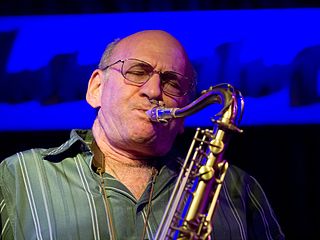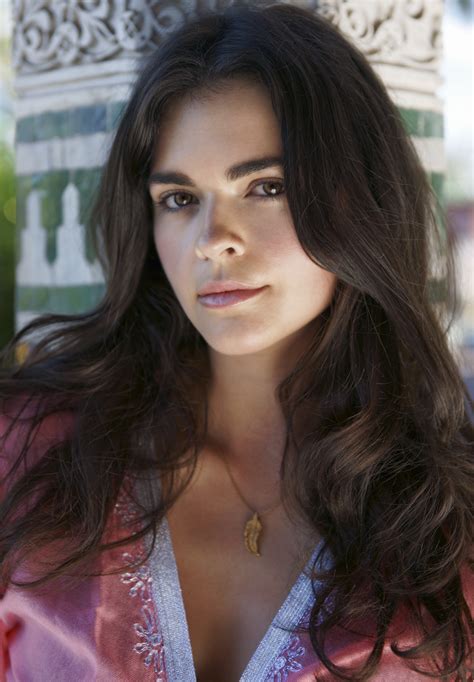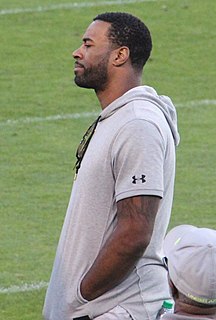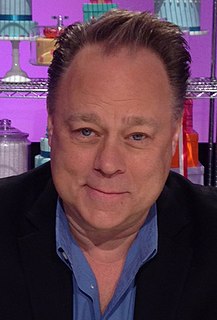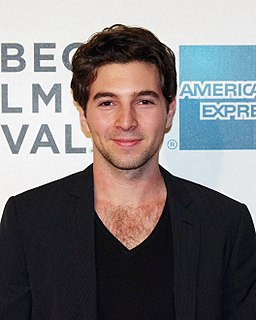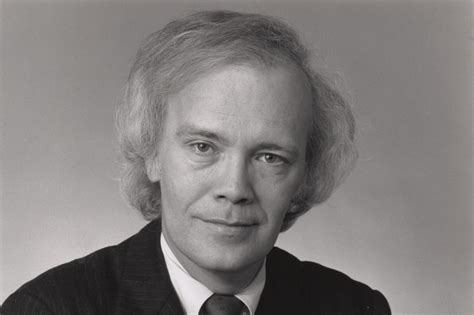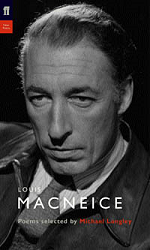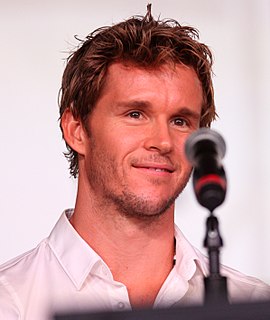Top 1200 Never Ending Story Quotes & Sayings - Page 13
Explore popular Never Ending Story quotes.
Last updated on November 26, 2024.
Animation story boarding works differently than live action story boarding. The story crew along with a writer really does shape and create the film - the world and it's characters. We meet almost every day and brainstorm the plot of the film. It's a highly collaborative process - and we continue to improve the story until we literally run out of time.
Every pellet has a story all its own. Every pellet has a story all its own. With its fur and teeth and bones And one or two stones, Every pellet has a story all its own. We shall dissect every pellet with glee. Perhaps we'll find a rodents knee. And never shall we tire In the sacred task that we conspire, No do our work less perfectly And those bright flecks at the core, Which makes our hearts soar, Shall forever remain the deepest mystery. - The owlets in the Pelletorium at St. Aegolius
Art is constant tension and release. That is where artists live, between the two, or at times, submerged in either. The challenge is never ending perfection is impossible, it could always be different, better, or worse. It's not important, just process and striving to be like the man who walks the trapeze maintaining balance.
I'm a storyteller. I'm always willing to serve the story, a story I believe in, in whatever way is necessary. If I need to write the story I believe in, I will write it. If I've been offered to act in a story that I truly believe in, I will happily do that, but I'm a storyteller. That's something I'm so thankful for.
I never wanted to be an actor. My dad was an actor, and he never brought joy home, so I didn't view it as something that I would want to do. But I got fired as a secretary, and then I started studying, I started doing it just to earn money. And it took me a long time to learn to love it. And what I loved was telling a story. I tried to avoid making plays or films that weren't telling a story that I felt was important. I discovered in the process that it makes you more empathic because you have to enter someone else's reality and learn to see through many other people's eyes.
My father never feared death. He never saw it as an ending. I don't know why Alzheimer's was allowed to steal so much of my father before releasing him into the arms of death. But I know that at his last moment, when he opened his eyes - - eyes that had not opened for many, many days - - and looked at my mother, he showed us that neither disease nor death can conquer love.
Most really good fiction is compelled into being. It comes from a kind of uncalculated innocence. You need not have your ending in mind before you commence. Indeed, you need not be certain of exactly what's going to transpire on page 2. If you know the whole story in advance, your novel is probably dead before you begin it. Give it some room to breathe, to change direction, to surprise you. Writing a novel is not so much a project as a journey, a voyage, an adventure.
I kept a lot of my thoughts inside myself. So, perhaps more than is normal, I'm always questioning my role as a writer. I'm always stopping and asking myself: Do I have the right to tell this story? Is it a story that deserves to be heard? And as for whether I think of myself as a Writer with a capital "W," I very much hope I never do.
I feel that there is an alternate ending that leaps off too far into fantasy and there is an alternate ending that leaps off too far into pessimism, but that, in fact, the novel as it has developed should, if it's functioning correctly, have equipped you as the reader to make your own decision about where you want to go with that, about where you're going to fall on that continuum. So, the novel is taking you directly up to the point that you have to choose, and it's letting you do that.
Every family has a story that it tells itself, that it passes on to the children and grandchildren. The story grows over the years, mutates, some parts are sharpened, others dropped, and there is often debate about what really happened. But even with these different sides of the same story, there is still agreement that this is the family story. And in the absence of other narratives, it becomes the flagpole that the family hangs its identity from.
The thing I always guard against when I'm talking to people I'm working with about a script is that there's a thing I don't like and it's called "talk story." It's when you're talking about the story; the characters are tasked with talking about the story instead of allowing the audience to experience the story.
The actors come in and they make characters their own and so Patrick and I have never been the kind to think that our script is the bible. We want to make sure that the story is told, that you stick to the story but if you have to make changes to the character then that's fine. A lot of times there are some funny one-liners, funny things that happen that are out of the ordinary. I like it.
Vera said: 'Why do you feel you have to turn everything into a story?' So I told her why: Because if I tell the story, I control the version. Because if I tell the story, I can make you laugh, and I would rather have you laugh at me than feel sorry for me. Because if I tell the story, it doesn't hurt as much. Because if I tell the story, I can get on with it.
Cops never took anything on faith, and disbelieved every story that was told them on principle until and unless they could confirm that the story was fact in all its essentials, and even then remained wary and unconvinced. Cop shops bred skeptics. Skeptics cherished few illusions about human nature, and therefore were seldom disappointed.
Mine is a story about a teenage single mother who struggled to keep her young family afloat. It's a story about a young woman who was given a precious opportunity to work her way up in the world. It's a story about resiliency, and sacrifice, and perseverance. And you're damn right it's a true story.








